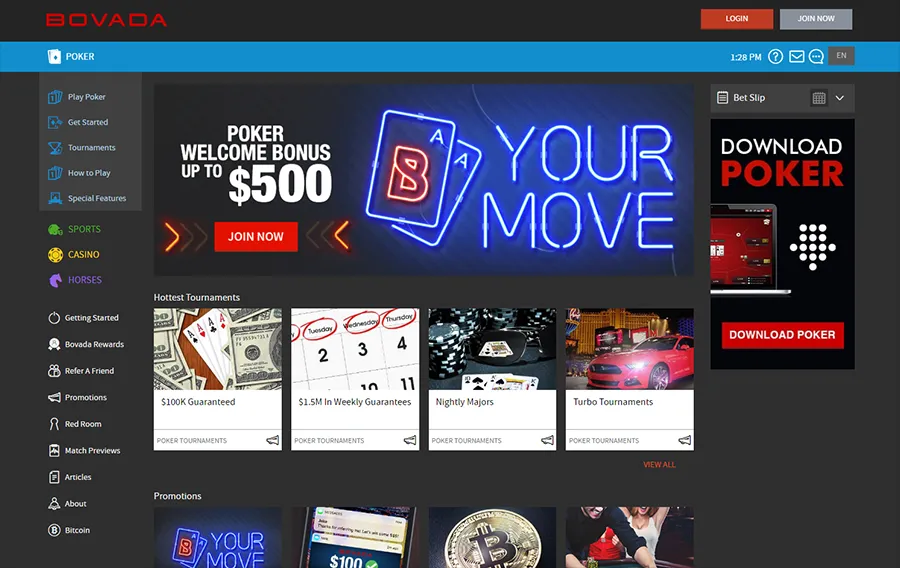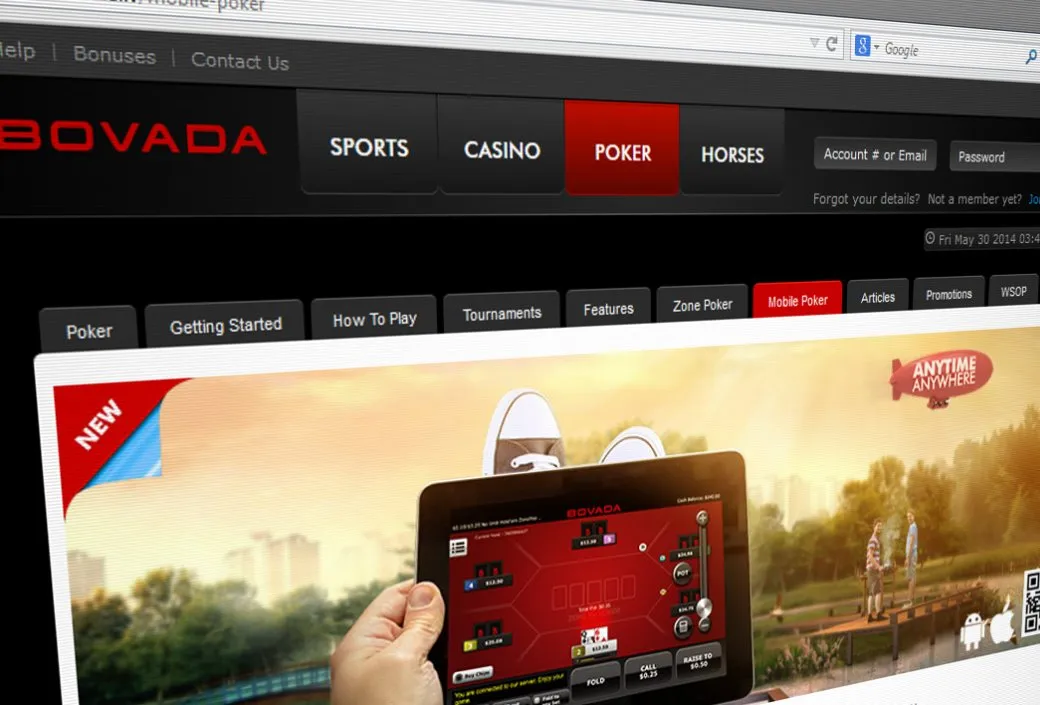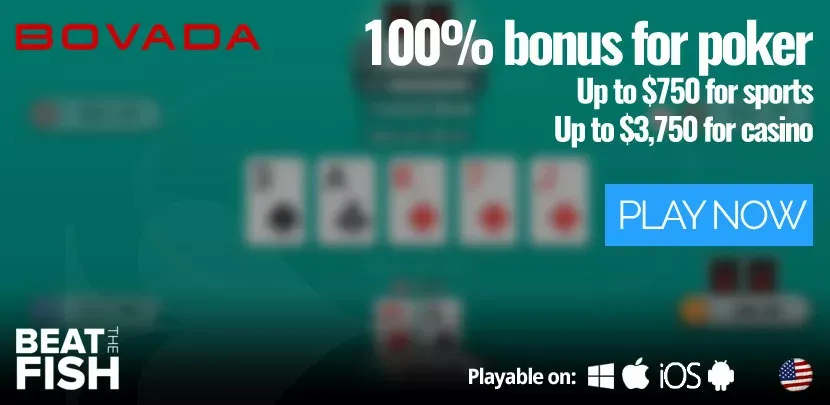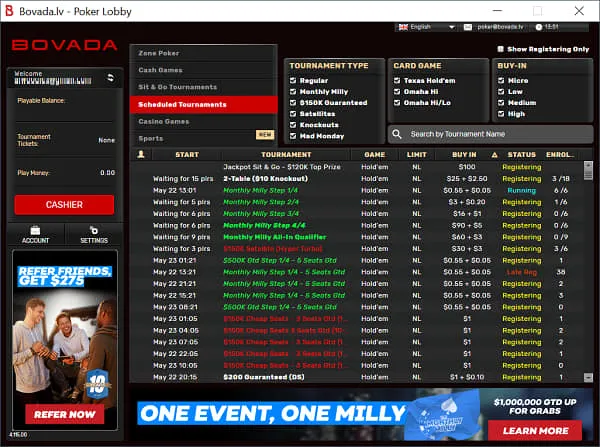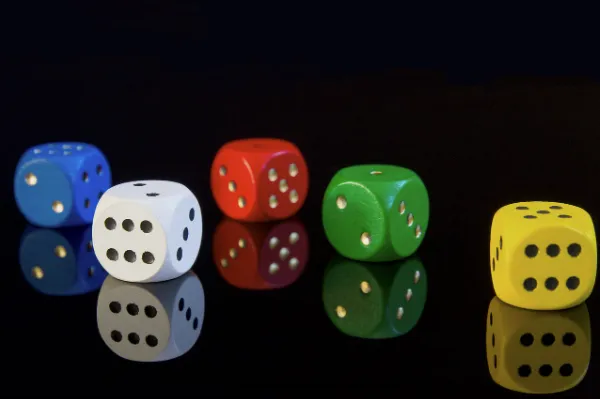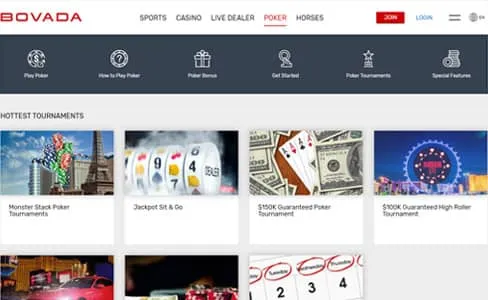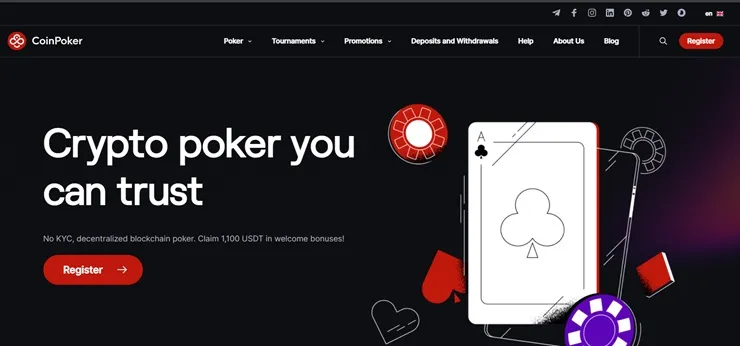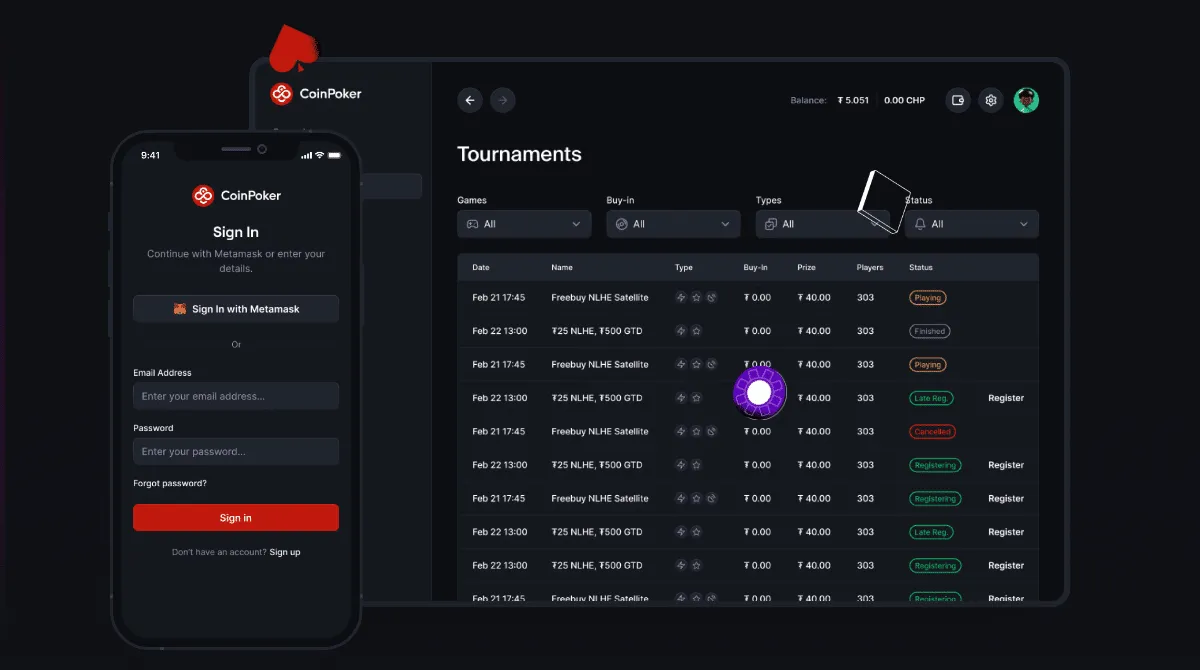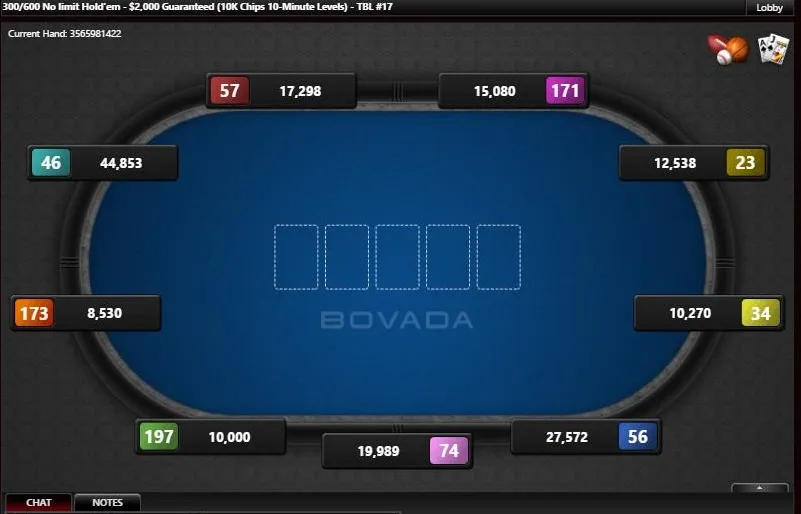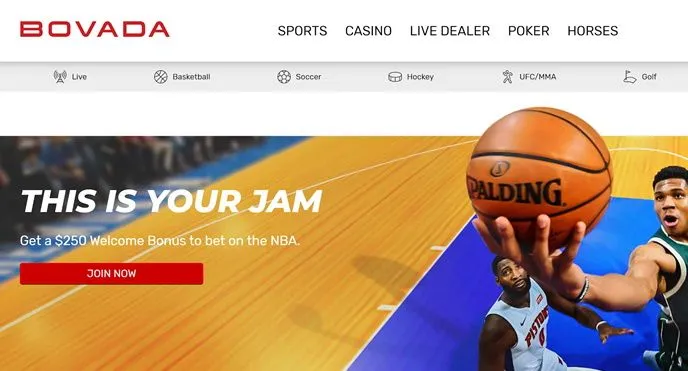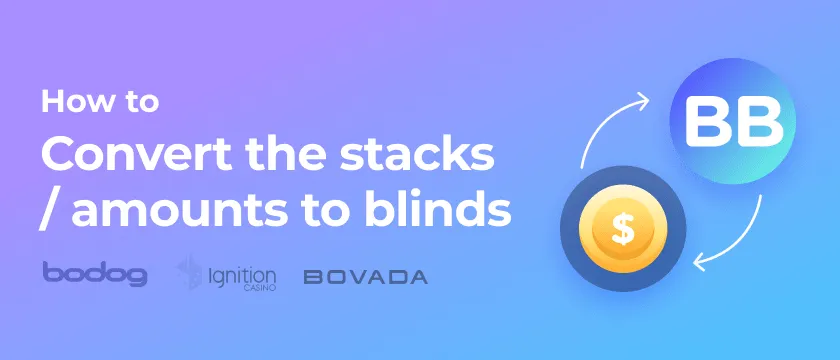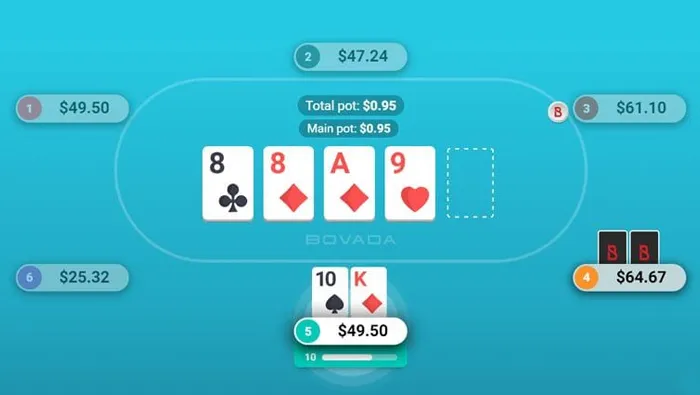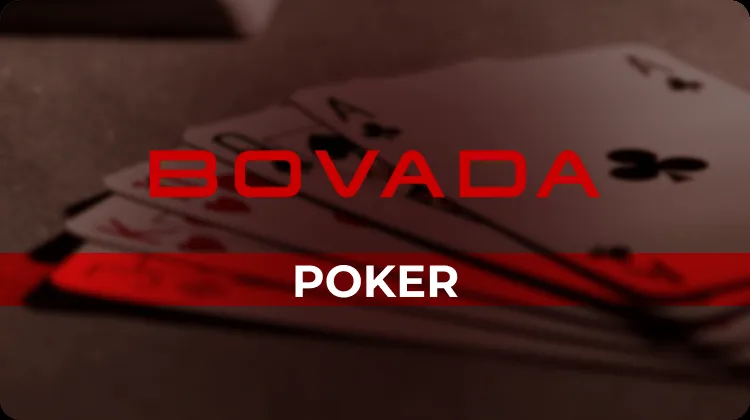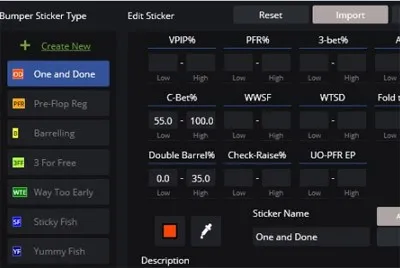Poker For Dummies Cheat Sheet

This handy cheat sheet gets you up to speed on poker etiquitte when playing at home, money management, and how to pull off a bluff. Explore all collections By: Richard D. Harroch and Lou Krieger and Updated: 01-20-2022 From The Book: Poker For Dummies
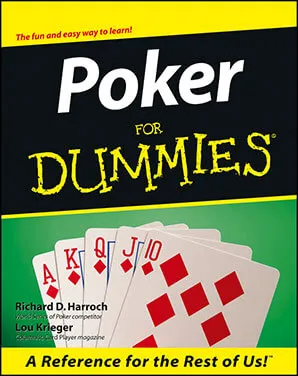 Explore Book Buy On Amazon When you’re playing poker in your home or someone else’s, the rules of etiquette are mostly commonsense conventions and normal poker protocols. Following, are a list of things to do and things to avoid during a friendly game at home:
Explore Book Buy On Amazon When you’re playing poker in your home or someone else’s, the rules of etiquette are mostly commonsense conventions and normal poker protocols. Following, are a list of things to do and things to avoid during a friendly game at home:
Do . . .
- Be honest: Don’t try to short-change the pot or otherwise cheat.
- Play quickly: No one likes a slow player.
- Be courteous and friendly: No one likes a whiner or a gloater.
- Be a good winner: Gloating and making fun of other players is a definite no-no.
- Be a good loser: We all lose. It happens. But show some class and don’t show your temper, swear, or throw cards. Definitely don’t insult the other players.
- Let the other players know if you plan to leave early: It’s courteous to let the other players know in advance if you plan to quit early.
- Bet in sequence: Bet, call, or fold when it’s your turn. Acting out of turn can adversely affect another player’s hand.
Don‘t . . .
- Give a player advice in the middle of a hand even if asked: This is a no-win proposition. Either the player who asked will be upset at you if the advice is wrong or the person who loses against the player will be mad at you.
- Look at another player’s hand, unless you have permission: Some players strongly object to your looking at their hand.
- Play poker with a guy named “Doyle,” “Amarillo Slim,” or “Harpo”: These guys are too good for your normal home game.
As a poker player, you know that a poker game theoretically never ends. The tips in the following list are suggestions to keep in mind to manage your poker-playing funds:
- Quitting after you’ve won a certain amount of money will neither stop your losses in the long run if you are a losing player nor protect your profits if you are a winner.
- Poor players will lose their money no matter what they do. Good players establish an expected hourly win rate whether or not they quit after they’ve pocketed a certain amount of winnings.
- Playing fewer hours by quitting when you’re ahead isn’t always the right strategy.
- If you’re playing in a good game, and you are playing your best, stay in the game unless you have other obligations.
- If you’re in a bad game, get out of it now — never mind if you’re winning or not.
- If you’re emotionally upset, stressed out, fighting the flu, or otherwise not at your best, you’re better off not playing since your maladies will ultimately take themselves out on your bankroll.
Bluffing is a well-established and time-honored poker strategy. The next time you’re inclined to attempt that particular type of larceny at the poker table, keep these bluffing tips in mind:
- Be aware of how many players you’ll have to bluff your way through. While one or even two players can be bluffed, don’t think about trying to bluff more than two opponents unless you really have strong reasons to believe you’ll succeed.
- Take the opportunity to bluff if all of your opponents check on the previous betting round. It’s even better if they’ve all checked on an expensive betting round. But your chances are diminished if any newly exposed cards appear to have helped one of your opponents.
- Understand that a bluff doesn’t have to work to make it the correct decision. After all, you’re usually just risking one bet to win an entire pot full of bets. Bluffing has to work only some of the time to be the right choice. And even when you’re caught, a bluff can be successful if it causes opponents to call when you are betting a strong hand.
- Imply specific hands. Bluffs that seem to represent specific hands, such as a flush or a straight, have a much better chance to succeed than bets that appear to come out of the blue.
- Avoid bluffing players who are either experts or brain dead. Instead, aim your bluffs at good opponents. Poor players will usually call “to keep you honest,” while experts are more likely to see through your chicanery.
- Zero in on weak players. It’s much easier to bluff players who have shown weakness by checking, than to bluff those who have shown strength by betting on the preceding round.
- Don’t bluff for the sake of bluffing. Some players will bluff just to “advertise.” There’s no need to do that. Bluff if you believe you have a reasonable chance to succeed. You’ll get plenty of advertising value because some of your bluffs will be picked off regardless of how well you assess your chances for success.
- Strive for a tight, aggressive image. This kind of image has a much better chance of running a successful bluff than a player with a loose image. If you are seen as selective, tight, and aggressive, your opponents will not suspect a bluff when you bet. When you have a license to steal, use it.
- Never bluff a hopeless hand when there are more cards to come. Instead, think about semi-bluffing, which allows you to win the pot two ways: Your opponents may fold, or you might hit your draw.
- Attempt a bluff occasionally when all the cards are out and you have nothing, but don’t overdo it. But if you have enough to beat a draw, save that additional bet and try to win in a showdown.
This article is from the book:
-
Poker For Dummies ,
-
Poker For Dummies ,
About the book authors:
Richard Harroch is an attorney and avid poker player. Lou Krieger is the author of two guides to Texas Hold ’em, the most popular tournament poker game.Richard Harroch is an attorney and avid poker player. Lou Krieger is the author of two guides to Texas Hold ’em, the most popular tournament poker game.### This article can be found in the category:
-
Poker ,
-
Poker ,
FAQ
Can you play WPT global with a VPN?
Can you play WPT global with a VPN?
Wpt global is one of the world’s largest online poker sites, but it is also one of the most restrictive in terms of IP address restrictions. As a general rule, traditional VPNs cannot be used to access the platform because they can either warn or block your accounts.
What is the WPT bonus code?
What is the WPT bonus code?
The WPT bonus code is NEWBONUS. Use this code at WPTglobal.com to get up to $1200 poker bonus. This code has been approved by WPT Global and gives new users the maximum new user offer.
How does account verification work?
How does account verification work?
WPT Global reserves the right to request documents to verify the identity of players and prevent problem or fraudulent activity. The types of documents required are: proof of identity (ID card, passport, driver’s license), proof of address (utility bills or bank statements not more than three months old) and proof of deposit (cards or e-wallet). When requested, players must provide full, clear, color photos or screenshots of verification documents. Further information regarding account verification is available on the WPT Global FAQ page.
Can I use a VPN for WPT global?
Can I use a VPN for WPT global?
Wptglobal is one of the world’s largest online poker sites, but it is also one of the most restrictive in terms of IP address restrictions. As a general rule, traditional VPNs cannot be used to access the platform because they can either warn or block your accounts.
Is there play money on WPT Global?
Is there play money on WPT Global?
There is not currently a play money option on WPT Global.

















